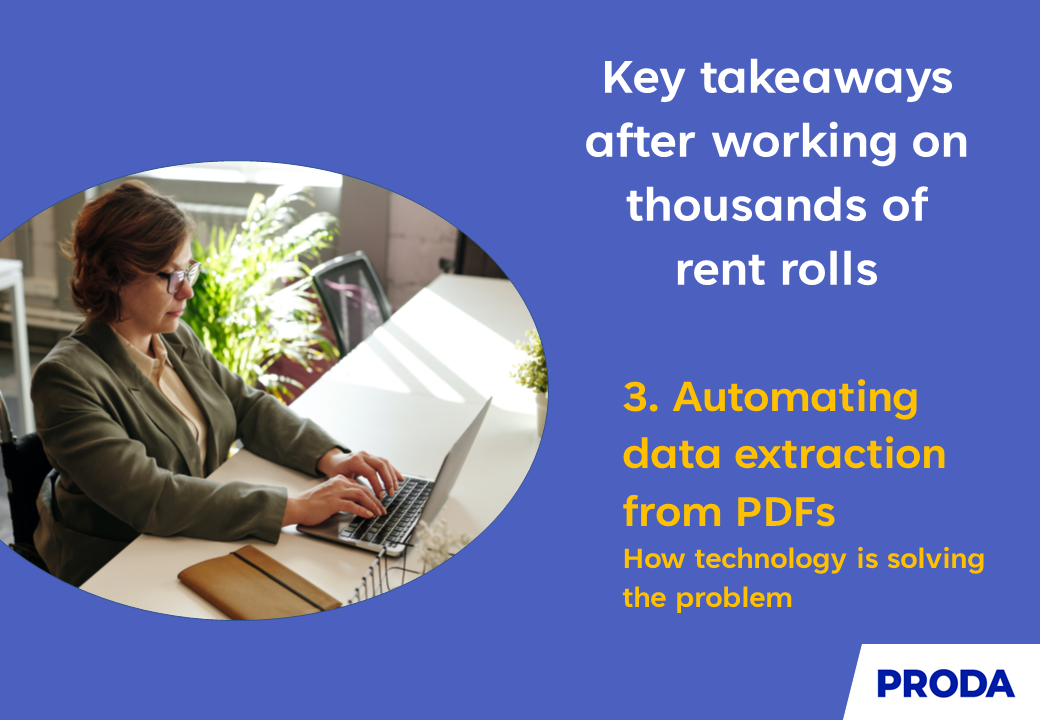We continue our Leaders in Property and Technology blog with Ronan Curran, Advisory MD of Financial Due Diligence at KPMG US, which provides advice to real estate public corporates and private equity clients on domestic and cross-border acquisitions and divestitures.
PRODA: Tell us about what you do.
I’m a managing director in KPMG’s real estate advisory practice based out of New York. Day to day, I primarily focus on M&A in all things real estate, for every type of asset class and nationally and internationally. I also lead our efforts in proptech and in determining the impact of AI in the real estate industry.
PRODA: There’s a lot of talk about operational efficiency. What role does it play in real estate at the moment?
It’s a question that’s coming up a lot from our clients. Real estate has been underwritten for many years, especially since 2008/09, with the assumption that values and profits will consistently rise. And largely that has been true.
Since the financial crisis, interest rates have been almost zero, which led to a huge amount of underwriting across many industries for many years based on the historically low cost of capital.
But the cost of capital changed so quickly and it changed the landscape from what we’d been seeing for a quite a while. It’s made people ask: firstly, which assets are my best assets and, secondly, how can I make them better? This change in focus means improving both top and bottom lines.
Historically, real estate assets were managed in a static way, but now there’s a need for more dynamic management – looking at things like tenant management and energy-efficiency considerations and, ultimately, underlying costs.
Real estate owners and operators are now realizing the potential for additional revenue streams beyond rental income, like advertising. So, there’s a growing emphasis on the operational side of real estate, rather than just focusing on underwriting deals for better exits.
PRODA: What role can technology play to help drive that efficiency?
Technology, particularly proptech, has immense potential in real estate. I’m a firm believer that technologies are a fantastic fit for real estate in the right situations. The current challenge is the technology conundrum in real estate, where we deal with many disparate systems that have operated independently in the past.
There’s no universal standard for managing buildings and how every bit of data will be aggregated. This fragmentation or “disaggregation” is the key limiting factor in getting the most out of technology for the real estate industry. Everybody is anticipating AI to be the game-changer, bringing sweeping changes that will be like turning on a light switch and everything will suddenly work together. But the problem is we have disaggregation in real estate to huge degrees.
Digitalization is crucial here, moving away from traditional physical documents to interconnected digital systems. And everyone in real estate needs to be on board for it to work. Without that digitalization, I don’t think we can get to the stage where you have technology that’s really intuitive and starts being predictive – to the point of predicting human behavior in how buildings are used, for instance.
All the systems need to be talking to each other and the data needs to aggregated to give you that bigger picture – from how you manage your agreements, records, systems and data outputs to how to get the best out of your buildings.
While there are discrete AI solutions in real estate right now, what’s needed is a comprehensive, integrated approach to get true technological disruption. Everyone’s asking about when they might see the next Airbnb-like disruptor for real estate. It’s this digitalization that will pave the way for AI to significantly impact real estate and transform it in ways that could benefit society and the real estate industry.
PRODA: What do you think is the problem with integrating data in real estate?
Integrating data in real estate is a significant challenge. Companies have developed their own systems and processes, creating silos around their operations. For example, there might be good systems for managing record books, but integrating this data with other relevant information is often lacking. Without this integration, data can be somewhat meaningless and we rely on human guesswork or experience for interpretation.
Real estate is one of the oldest industries and it’s steeped in tradition and historical practices, which further complicates integration. However, I believe we’ll start seeing changes, largely driven by digitalization and AI. The promise of AI will force firms to adapt; they’ll have to consider whether their systems and products can interact with other data sets and layers of AI.
PRODA: When it comes to managing portfolios, what kind of role does the lack of data integration or the need to move to data aggregation play in that?
There’s a vast range of asset managers in real estate, and even homeowners can be considered as such. However, property management lacks a universal solution. While there are tools for specific aspects, integrating data from physical locations, legal agreements, and tenant arrangements into a coherent framework is a challenge. Many asset management tasks, like tracking financials and tenant changes, are manually intensive and inefficient.
I see a significant opportunity for asset managers, particularly where AI can simplify these processes. Physical operations of buildings, like HVAC and elevator systems, are more complex to upgrade technologically. However, processes reliant on human input, like data entry and spreadsheet management, represent low-hanging fruit for AI integration. AI could streamline these tasks, allowing asset managers to focus on optimizing strategies rather spending their efforts on manual data handling.
What we’ll see is that the task of managing assets will shift from one that happens every month or quarter to much more frequently. While the real estate industry is heavily driven by institutional investors, there are more and more retail opportunities in commercial real estate, which means more people will need to understand what’s going on at any given time. And to do that, you need more real-time output from the data.
PRODA: What do you advise your clients when it comes to the key areas that real estate companies should focus on?
My advice to clients, particularly owners and operators in real estate, revolves around digitalization and data analytics: think about how you’ll get full command of the data that’s potentially available to you. Do you have view of your finger on the pulse of every bit of data that is potentially in your realm?
Putting aside transactional data, such as when you receive an invoice or get a signed lease, think about the data that’s being driven by the users of the building you own or manage. There’s a huge amount of data from the time a user enters it to the time they leave.
This could include the frequency of visits, usage of space, and other behavioral patterns. Think about how people’s physical locations can drive the kind of adverts they see based on their demographics, the places they frequent, their spend and their habits. You could curate experiences with that kind of data for users and significantly enhance real estate management and offer new insights for owners. And if you get the basics of collecting and using data correctly now, you’ll be in a good place for when AI starts realizing its full potential.
Many thanks to Ronan for taking the time to speak with us. We’ll be back soon with another post as we continue to speak to leaders across the industry.
If you would like to learn more about PRODA, book a demo or contact us.




